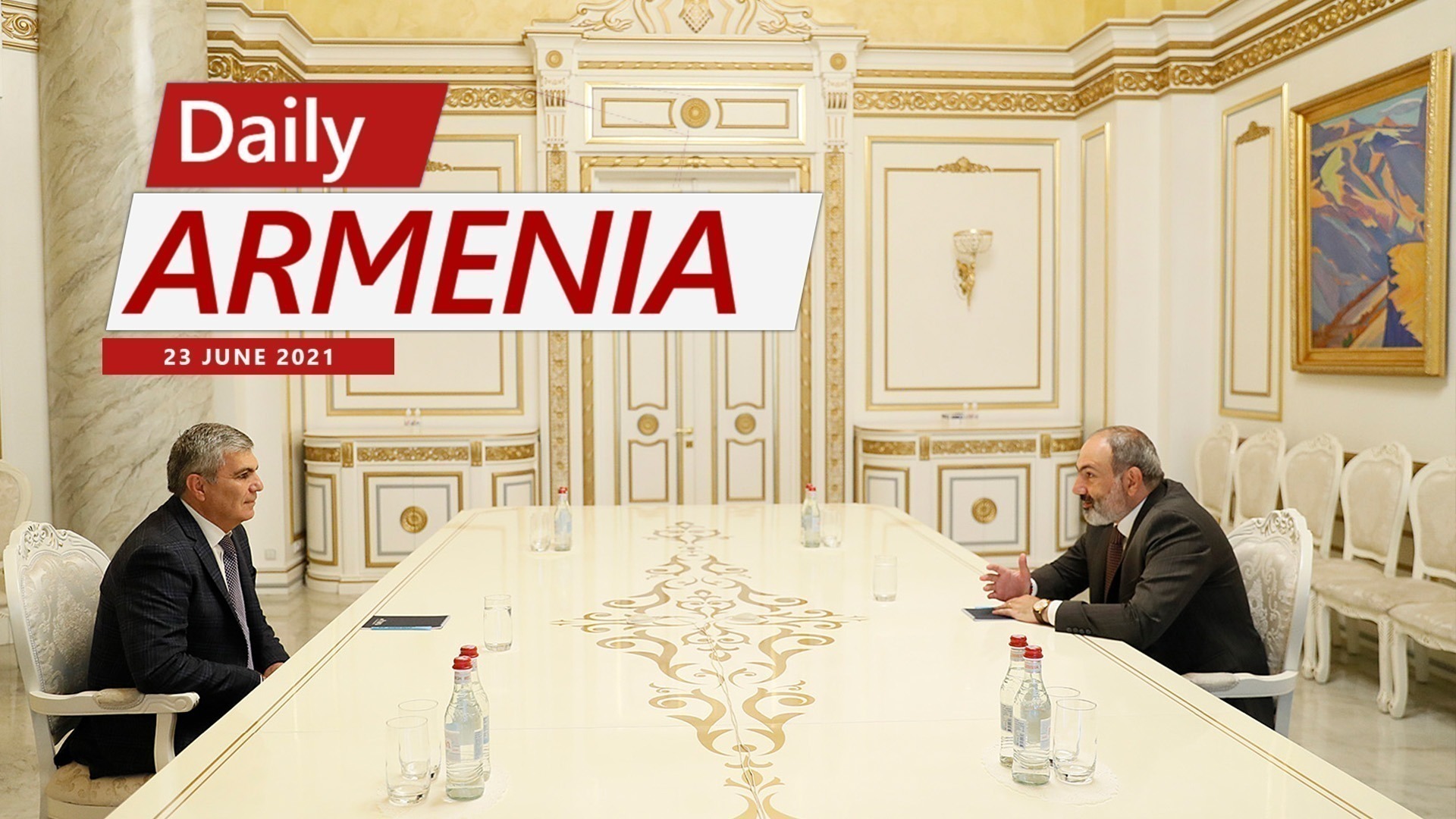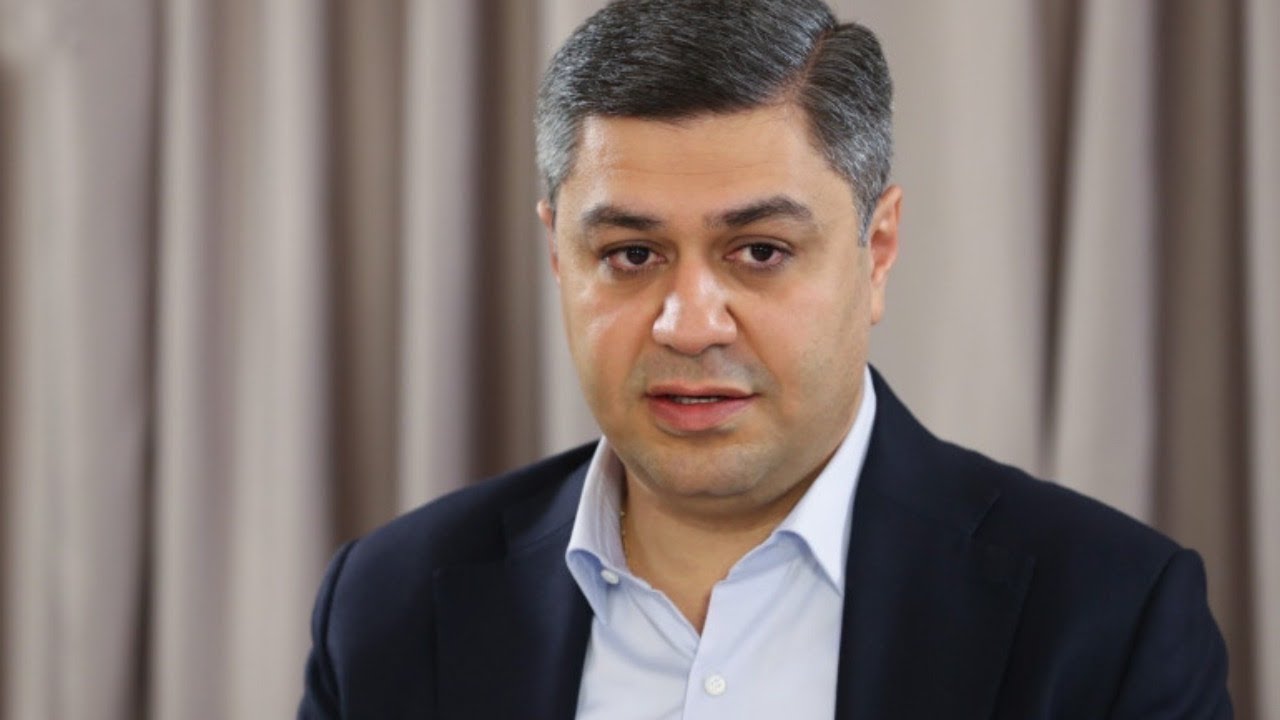Pashinyan Holds Consultations With Opposition Figures, Calls for Dialogue with Church
The Armed Forces Chief has announced that a commission has been set up to look into the circumstances…
Read moreThe Armed Forces Chief has announced that a commission has been set up to look into the circumstances…
Read moreBy Emilio Luciano Cricchio Artur Vanetsyan, the leader of the I Have Honor Alliance which won seven…
Read moreVahe Nigoghosian is the founder of Engineer X, a multi-disciplinary engineering firm based in Armenia that focuses on business and education. Vahe brought with him the branch of the Dassault Systemes, a French multinational software corporation which develops software for 3D product design, simulation, manufacturing and other 3D related products. Vahe Nigoghosian has two hopes. First, to see Armenia become a world Engineering Hub. Andsecond, see more young Armenians embrace engineering.
By Mark Dovich CivilNet will be on the ground in The Hague this week to cover the proceedings. You can follow for updates as we receive them. Public hearings in Armenia’s case against Azerbaijan at the United Nations’ top court alleging violations of a racial discrimination treaty began this week, marking the first time a suit involving either country has been brought before the International Court of Justice. Speaking today before the court in The Hague, Armenia’s representative accused Azerbaijan of promoting hatred of Armenians at the official level, a policy he said reached a climax in Azerbaijan’s military takeover […]
Rasmus Canbäck, an investigative journalist for the Swedish online news site Blankspot, talks to CivilNet’s Paul Vartan Sookiasian about how Azerbaijan manages to avoid international sanctions despite ethnically cleansing Armenians from Nagorno-Karabakh. While fossil fuels and “caviar diplomacy” play a role, Canbäck says more attention should be paid to Azerbaijan’s geographic position on the “middle corridor” between Europe and China.
In this episode of Mindful Leaders, we explore the life of John Hodian, composer, conductor, pianist and founder of The Naghash Ensemble. Born and raised in Philadelphia to Armenian parents, John’s grandparents were survivors of the Armenian genocide, notably from the village of Perchendz near Kharpert. Around the age of 12, John serendipitously discovered the piano, which opened the gateways to his career in music as a composer and conductor. He has written scores for numerous feature films, dance pieces, musicals and over 300 documentaries, earning international recognition and awards, including an Emmy. Soon after his first visit to Armenia, […]


